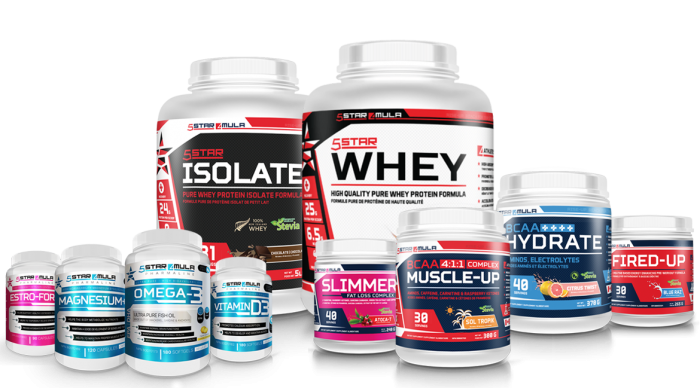
If you don’t have all the time to eat properly, supplements are your best friend. We spend a lot of times performing BioSignature assessments with competitive to professional athletes of all ages to assess and prescribe a nutritional and supplement protocol for in-season and off-season training.
From our 25+ years of research & testing, we have found the top 5 supplements best for athletic performance and maintenance during the in-season of their respective sport.
MULTIVITAMIN:
Hockey players, in fact, all athletes tend to expend more vitamins, which needs to be frequently replenished for general maintenance; including aid in the conversion of proteins and carbohydrates for energy, protection from oxidative damage, and muscle recovery after exertion.
ZINC / MAGNESIUM:
Zinc is essential for energy metabolism; maintenance of testosterone levels.
Magnesium aids in energy production; protein formation; maintains a normal level of potassium, phosphorus, calcium, adrenaline, and insulin. Also maintains a healthy heart and bones.
These vitamins tend to be quite low in the average diet. Zinc aids in muscle tissue and production.
VITAMIN D:
When the summer months disappear, this leads to a direct and sharp decrease in the natural and readily available vitamin D from sunlight. Therefore, supplementation is highly recommended for the following purposes; bone health, immune support, and increased athletic performance.
BCAA’s:
BCAA’s are essential for increasing exercise capacity; nutrient delivery into muscle tissues and; preventing muscle breakdown during games.
OMEGA 3’S:
Omega 3’s are important for Cardiovascular support; decreases inflammation in the body. High inflammation in the body increases the risk of injury.
If you are interested in getting your body assessed to see what supplements you should be taking to maximize your performance ethically, contact us to schedule a body assessment.
How much does this assessment cost? My son is 20 years old
Hi Kelly! Kindly check your email.